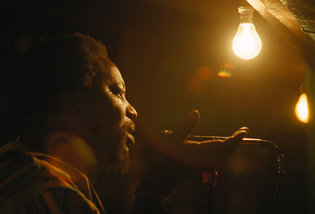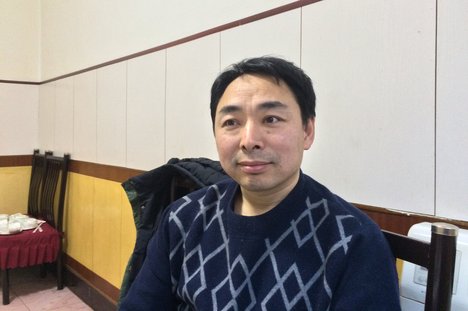(p. A15) I am one of 10 California teachers suing to end compulsory union dues in Friedrichs v. California Teachers Association, which will be heard by the Supreme Court Jan. 11. Our request is simple: Strike down laws in 23 states that require workers who decline to join a union to pay fees anyway. In our view, paying fees to a union should not be a prerequisite for teaching in a public school. No one in the U.S. should be forced to give money to a private organization he or she disagrees with fundamentally. Teachers deserve a choice.
. . .
I was a member of the union for years and even served as a union representative. But the union never played an important role in my school. When most teachers sought guidance, they wanted help in the classroom and on how to excel at teaching. The union never offered this pedagogic aid.
Instead, the union focused on politics. I remember a phone call I received before a major election from someone in the union. It was a “survey,” asking teachers whether they would vote for so-and-so if the election were held tomorrow. I disagreed with every issue and candidate the union was promoting. After that conversation, I thought about what the union represents. Eventually, I realized that my dues–about $1,000 a year–went toward ideas and issues that ran counter to my beliefs.
. . .
A Gallup poll last year found that 82% of the public agrees that “no American should be required to join any private organization, like a labor union, against his will.” That’s all we’re asking.
For the full commentary, see:
HARLAN ELRICH. “Why I’m Fighting My Teachers Union; I don’t want to be forced to pay for a political agenda I don’t support. Now the Supreme Court will rule.” The Wall Street Journal (Mon., Jan. 4, 2016): A15.
(Note: ellipses added, italics in original.)
(Note: the online version of the commentary has the date Jan. 3, 2016.)



